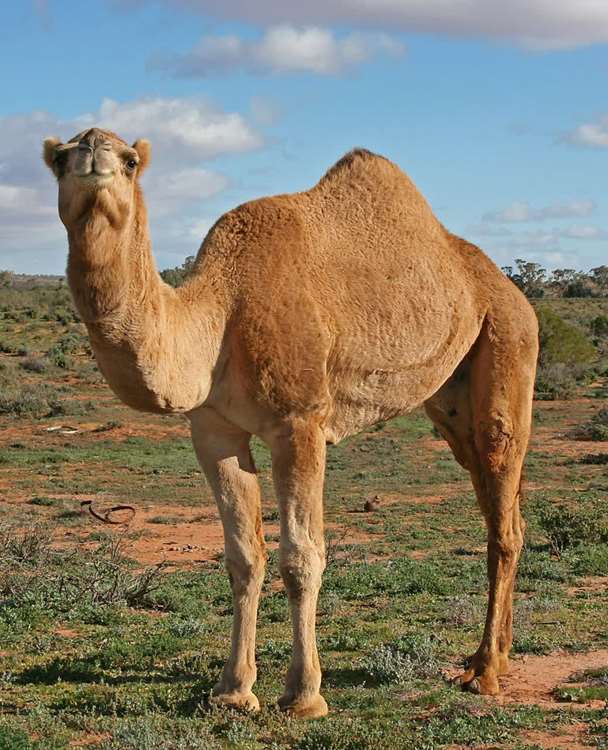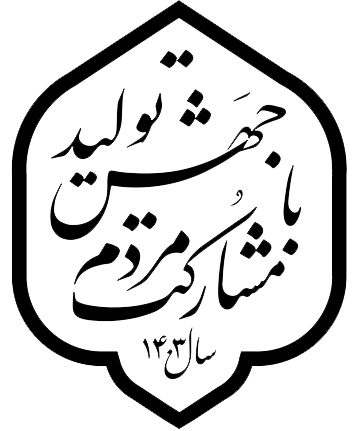AI key to ecologically sustainable development of camel, official says

AI key to ecologically sustainable development of camel, official says The head of the Iranian Ministry of Agriculture's Center for Animal Breeding and Improvement said that the most important limitation to the ecologically sustainable development of camels in Iran is the limited availability of pastures. Abbas Akbari Sharif expressed the hope that artificial intelligence (AI) and cooperation between industries and mines could help address this limitation. He noted that Iran has significant potential for camel farming, given the country's vast deserts and grasslands, adding that the province of Yazd, which has the third-largest camel population in Iran, has been very successful in implementing a program for the ecologically sustainable development of camels. Akbari Sharif said that one of the most important issues in camel farming is to reduce the breeding interval of camels. This can be achieved by providing supplemental feed to camels, which can lead to economic benefits for farmers and encourage them to expand their operations. He praised Yazd for being the first province in Iran to successfully implement AI-based camel grazing management. He said that this initiative should be replicated in other parts of the country. Akbari Sharif also stressed the importance of diversifying the camel industry to make it more economically viable. He said that in addition to meat and milk, camel products such as fiber and cosmetics could also be developed. The official said that the current share of camel meat in Iran's meat production is only about 13%. He attributed this to the limited availability of pastures, rather than to any limitations of the camel breed itself.




